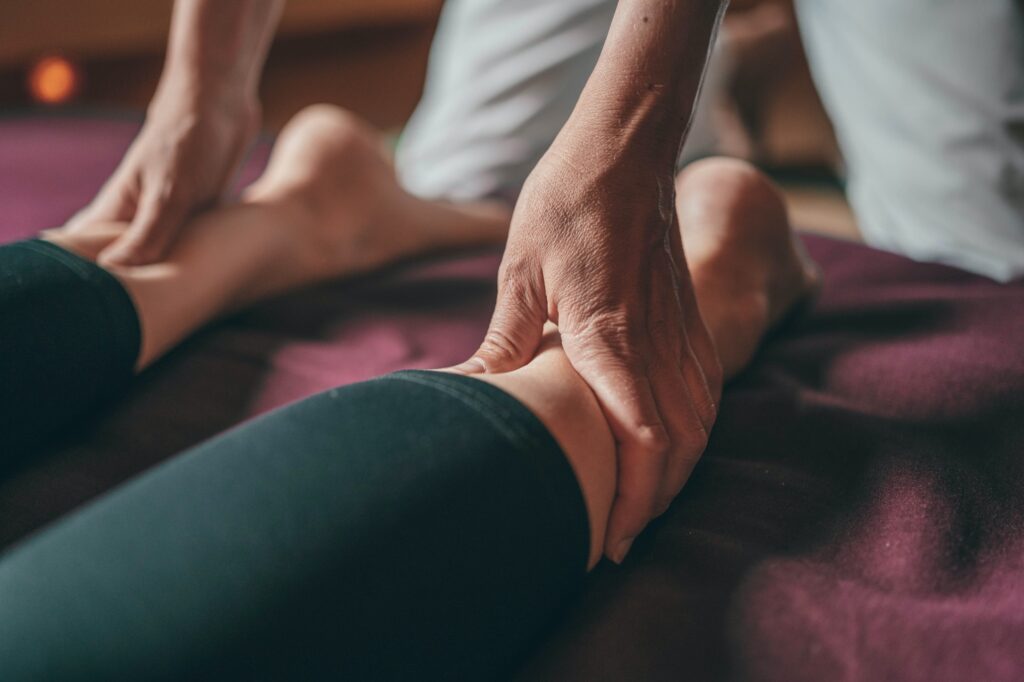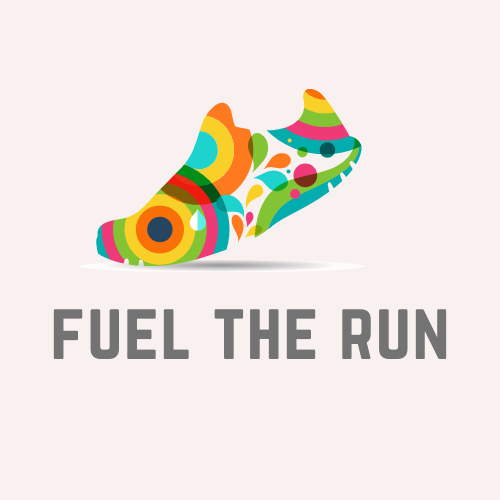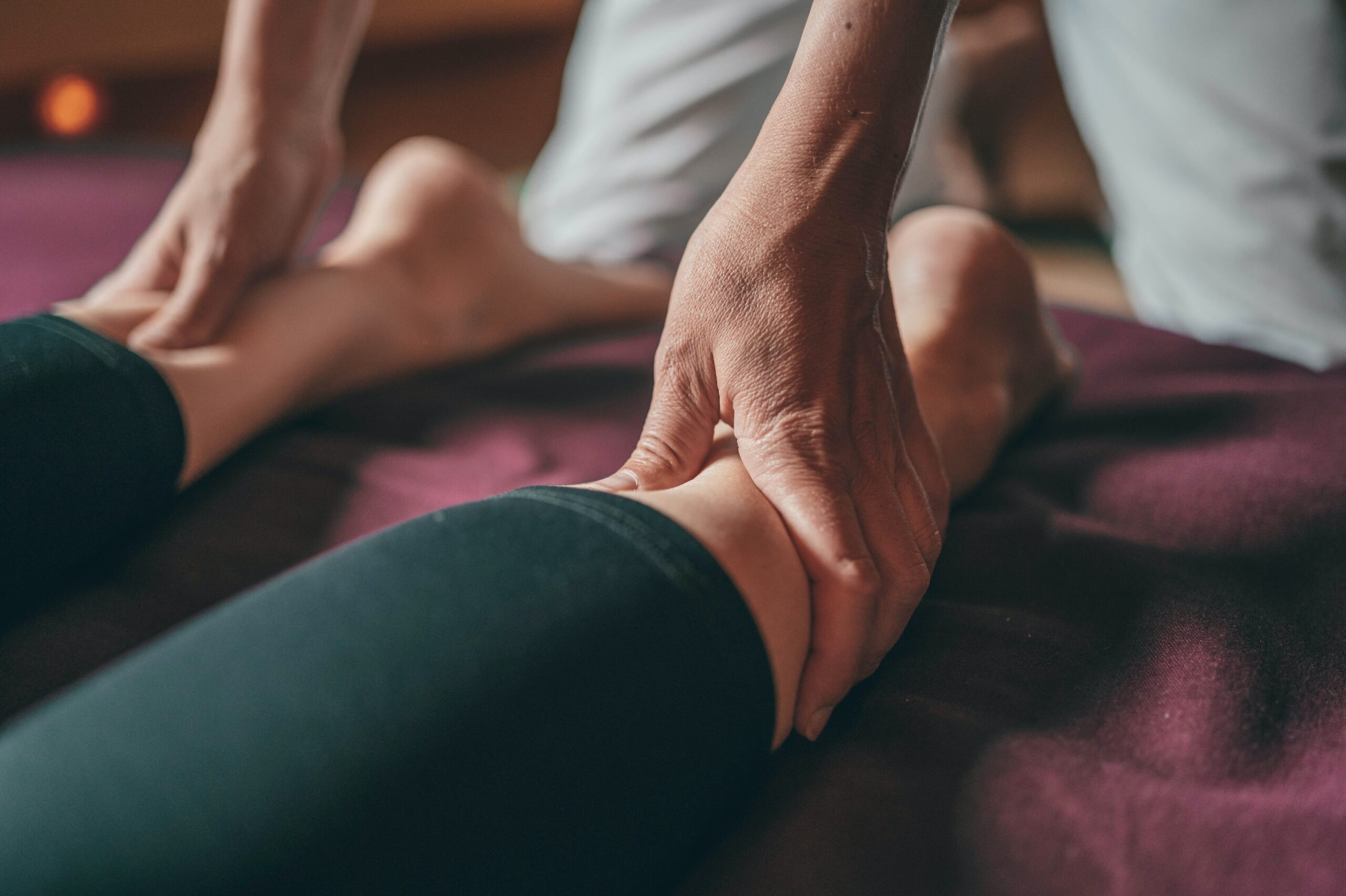If you have a grumbling injury that just won’t go away & you’re looking for remedies…you’re in the right place!

Let’s face it, no one likes being injured. Especially the ones that hold you back from giving it your all, or keep you completely off your feet for weeks at a time. Whatever your injury is, the first step is to always seek help from an athletic trainer, physical therapist, or orthopedic physician. Getting the proper physical treatment is definitely a step in the right direction, rather than googling temporary “bandaids”.
However, as a registered dietitian, a piece that is often missing from the puzzle is adding in injury recovery nutrition to help:
- Rehabilitate
- Rebuild
- And prevent relapse
Many athletes skip out on this piece trying to focus on the physical, they often forget even physical therapy needs energy and nutrients to fuel and replenish. In fact, athletes need certain nutrients to help with this process (1,2).
What are the seven key nutrients to focus on when you’re injured?
As a sports dietitian, I know that nutrition can help you to recover more quickly and more fully. In this first section, I’ll cover the seven nutritions that you need to help kickstart injury recovery….and then, I’ll show you how to put those recommendations into action.
Let’s dive into what those nutrients are and why you need to focus on them:
Calories:
If I had a dollar for every time a client told me they were eating less because they weren’t exercising as much while injured, I’d be rich! It may seem like you need to eat less calories and macros because you aren’t exercising as intensely while injured, but the truth is you need more energy (aka calories) to help heal the injury.
Without the proper amount of calories, your body doesn’t have enough nutrients and energy to fuel the recovery process. If there’s not enough fuel, then your body will recover at a much slower pace. The first nutrition tactic is to make the conscious effort and decision to not eat less, but focus on nutrient-rich foods (2).
Protein:
I think we can all agree that protein intake is a no-brainer for injury prevention and recovery. Most athletes understand the importance of protein, which is to provide essential amino acids, build and sustain lean muscle mass, and for endurance athletes provide some energy during long distance races (2).
Protein intake is especially important for post-surgical clients who are on bed rest for some time before they can add weight-bearing activity to their injured sites. We’ll talk later about how much is enough (1,2).
Vitamin C:
What do you think of when you hear vitamin C? Probably oranges or orange juice, right? Although yes, oranges are great sources of vitamin C, you can’t rely on just oranges to provide you with enough vitamin C to heal your injury!
Vitamin C is essential for so many things in the body, including strong immunity, gut health, and skin health (3). However, it’s also one of the main vitamins that helps to rebuild collagen (3). Now, we’re not talking about wrinkles today: collagen is the foundation of repairing muscle tissue, ligaments, and tendons.
For injured muscles, meeting vitamin C recommendations is essential for the rebuilding process! It can even help to reduce inflammation and promote a quicker healing process (3).
Omega-3 Fatty Acids:
Supplementing with an omega-3 fatty fish oil can be very helpful for reducing systemic inflammation that could be irritating the site. However, it isn’t something you want to supplement with right after an injury occurs. I recommend waiting 1-2 days before starting with a fish oil supplement (2).
Part of the injury process initially is to inflame the site and help recruit repair cells, which kickstarts recovery – this is kind of like clearing the road to let an ambulance through. In this case your body is making room for white blood cells to get to the site and begin healing(2).
After a few days, the lingering inflammation can then be assisted with omega-3 fatty acids. For those undergoing surgery for their injury, higher doses of omega-3 fatty acids for a 6-week period can be very beneficial for optimal recovery (2).
Fluid/Hydration:
Along the lines of calorie intake, hydration intake tends to decline in my injured clients. Rightfully so, because if you’re sweating less, you’re probably not as thirsty or feeling like you need the extra fluid. Think again!
Proper hydration not only helps deliver more nutrients to an injured site, but is also involved in the recovery process itself. If you’re skimping on water intake, you’re not providing your injured site enough fluid to have nutrients delivered, or enough water to heal the injury (1,2).
Zinc:
Zinc, just like vitamin C, is a micronutrient especially helpful for wound healing. It plays a critical role in growth and development, bone metabolism, the central nervous system, immune function and wound healing (2,5)!
However, taking a supplement of this may do more harm than good – but you can focus on eating zinc-rich foods and meet the daily recommendation easily. Psst – we’ll talk about zinc-rich foods in the next section – stay tuned (1,2,5).
Vitamin D: If you’re vitamin D deficient, you might find that many of your injuries heal more slowly. When in doubt, get your levels checked! You might be surprised to be low – even if you practice and play outside, your sunscreen and uniforms might prevent your skin from making as much as you’d guess.
Vitamin D is especially helpful for bone health, but also plays a vital role in strengthening muscles and preventing fatigue. It’s a very important vitamin, and it’s also a hormone (4).
Okay, I know what I need to focus on, but how much should I be consuming of each nutrient?
Great question! Here’s the kicker…depending on your injury site, severity, and physical therapy needs, there is truly no straight-forward answer. It’s best to meet with a sports dietitian to assess your own individualized needs. Guess what….I can help with that! Click here to schedule a free inquiry call to learn more!
However, there are some general guidelines you can follow to jumpstart your recovery nutrition plan:
Calories: Okay, so the truth is, an exact calorie recommendation can only be done if you meet in-person or virtually with a sports dietitian (like myself!), but there is a way you can make sure you’re getting enough calories in the day by following this guide:
| 8 AM | Breakfast | Oatmeal w/peanut butter, banana, chia seeds, & milk of choice |
| 10 AM | Pre-Rehab Snack | Orange w/yogurt & granola |
| Noon | Lunch & Post-Rehab Refuel | Turkey & swiss cheese sandwich on whole grain bread w/side of carrot & celery sticks, hummus, & a bowl of berries. |
| 2:30 PM | Snack | Smoothie w/milk of choice, frozen pineapple & mango, & handful of spinach |
| 5:30 PM | Dinner | Grilled chicken w/roasted brussels sprouts & sweet potatoes, brown rice, & sliced avocado |
| 8:00 PM | Snack | Whole grain granola w/blueberries & milk of choice |
Rule of Thumb to ensure proper caloric intake:
- Eat every 3-4 hours
- Don’t forget about pre- and post-workout snacks when doing rehab or therapy
- Include protein, complex carbs, and healthy fats at every meal
- Include protein and complex carbs at every snack
- Avoid skipping meals!
Protein: Needs also vary by athlete, but most athletes should aim for around 1.5-2.0 g/kg, especially during recovery. Incorporating 1-2 sources of protein such as beef, chicken, turkey, pork, fish, seafood, beans, lentils, milk, yogurt, cottage cheese, nuts, nut butters, nutritional yeast, and protein powder at every meal and snack is the perfect way to ensure you’re meeting your protein needs.
Vitamin C: Normal vitamin C recommended amounts are around 75 mg per day. However, for an athlete who needs extra healing, the recommendation is closer to 500-1000 mg/day to help rebuild collagen, especially for bone and soft tissue injuries.
Be careful with supplemental use – always take with food to prevent excess diarrhea; focus on getting most of your vitamin C from foods such as oranges, strawberries, brussels sprouts, broccoli, kiwi, bell peppers, and papaya.
Omega-3 Fatty Acids: Men can typically take around 1200 mg/day, and women 1100 mg/day. If you have a nagging injury, you can always go with the basic recommendation listed above.
For those recovering from big surgeries, the recommendation is much larger (closer to 4-6g/day). However, fish oil should not be taken immediately after surgery because your body needs some inflammation to get the process started.
Start supplementing one week post-op for 6 weeks with the higher dose (6). If you know you’ll be having surgery, reach out to a Registered Dietitian so you can have an injury nutrition game plan!
Fluid/Hydration: Typically, athletes should aim for 2.7-3/7 L/day, depending on sweat losses. However, during rehabilitation, it’s still important to drink enough fluid. Aim for the range above and replace any sweat loss that may occur during rehabilitation (1).
Zinc: Women need around 8 mg/day, and men it’s 11 mg/d. Since it is a trace mineral, you can easily get enough food from zinc alone instead of a supplement! It’s especially high in lean red meat, poultry, fish, and oysters. For vegan and vegetarian athletes, you can get enough zinc wheat germ of fortified whole grain cereals (5).
Vitamin D: My advice here is to get your levels checked before taking a supplement! Oftentimes, if you are deficient, you are required to take higher doses of vitamin D to correct the deficiency. If your levels are normal, talk to your doctor about supplementation, and make sure to consume vitamin D-rich foods such as eggs, fatty fish, mushrooms, and dairy products often (1,2).
Okay, now what?!
Here’s the thing: this may seem extremely overwhelming, which is definitely understandable! My advice is to absorb the information and come up with an Injury Nutrition Game Plan for yourself accompanied with any physical therapy or treatments. The good news is, that’s my job! I help people come up with their own game plans. Use the information above to get started, or jumpstart the process by emailing me at callie@fueltherun.com today!
Sources:
- Lecovin, G. (n.d.). Nutrition for Muscle Repair and Recovery. NASM. https://blog.nasm.org/nutrition-for-recovery.
- Papadopoulou, S. K. (2020, August 14). Rehabilitation Nutrition for Injury Recovery of Athletes: The Role of Macronutrient Intake. Nutrients. https://www.ncbi.nlm.nih.gov/pmc/articles/PMC7468744/.
- DePhillipo, N. N., Aman, Z. S., Kennedy, M. I., Begley, J. P., Moatshe, G., & LaPrade, R. F. (2018, October 25). Efficacy of Vitamin C Supplementation on Collagen Synthesis and Oxidative Stress After Musculoskeletal Injuries: A Systematic Review. Orthopaedic journal of sports medicine. https://www.ncbi.nlm.nih.gov/pmc/articles/PMC6204628/.
- de la Puente Yagüe, M., Collado Yurrita, L., Ciudad Cabañas, M. J., & Cuadrado Cenzual, M. A. (2020, February 23). Role of Vitamin D in Athletes and Their Performance: Current Concepts and New Trends. Nutrients. https://www.ncbi.nlm.nih.gov/pmc/articles/PMC7071499/.
- Lin, P.-H., Sermersheim, M., Li, H., Lee, P. H. U., Steinberg, S. M., & Ma, J. (2017, December 24). Zinc in Wound Healing Modulation. Nutrients. https://www.ncbi.nlm.nih.gov/pmc/articles/PMC5793244/.
- McInnis, K. (2020). Nutrition for the injured athlete [SCAN virtual presentation]. SCAN DPG virtual webinar, United States.

